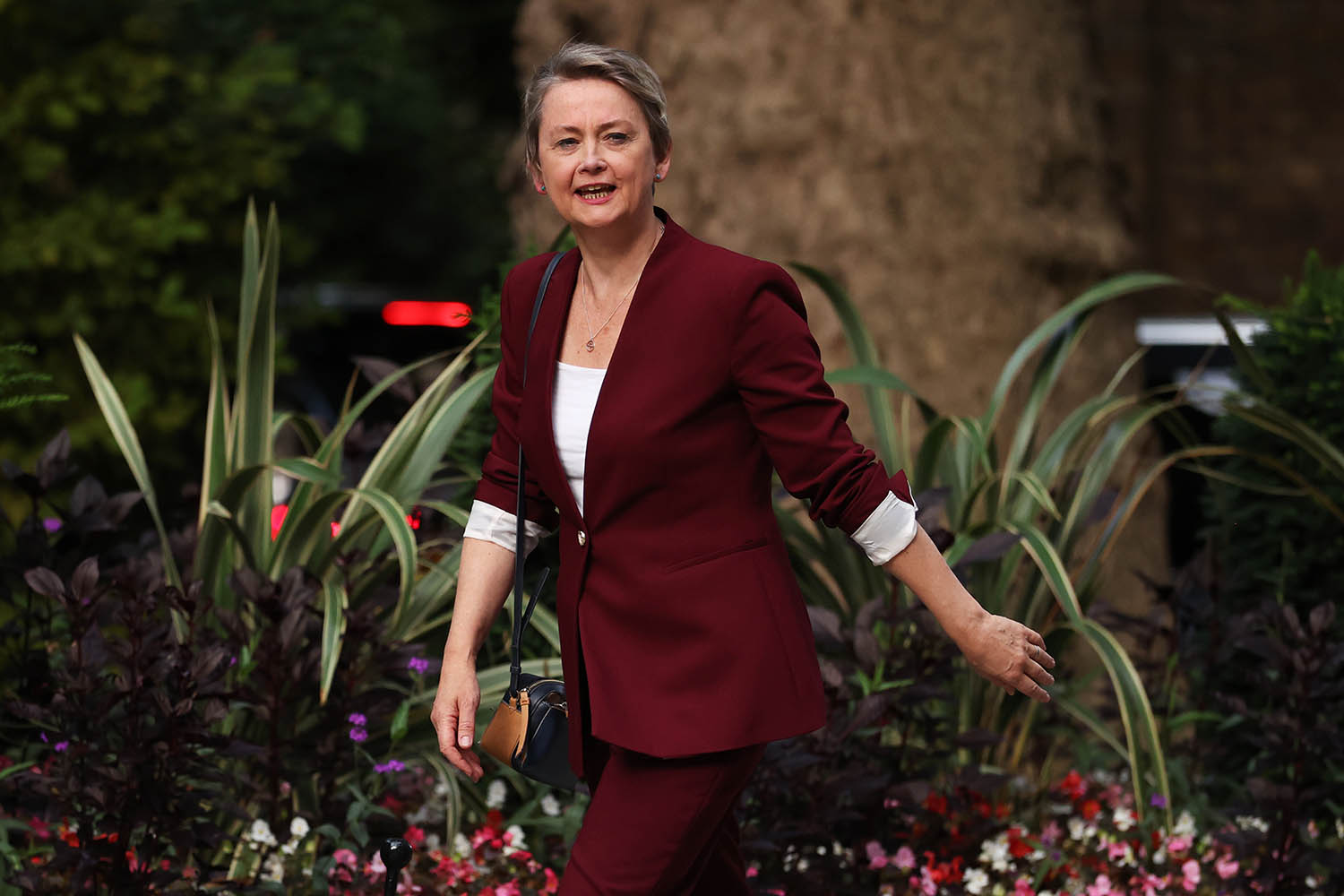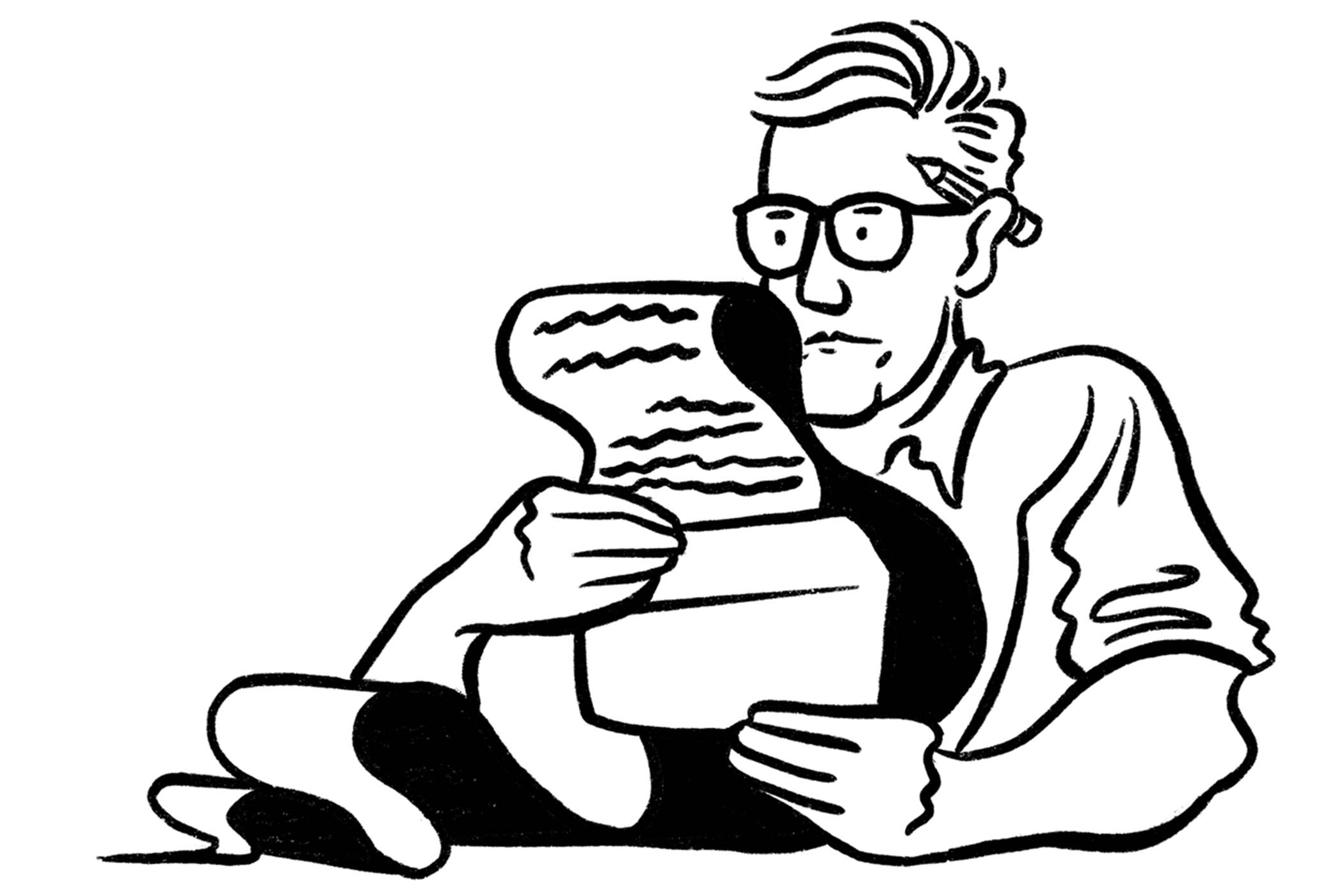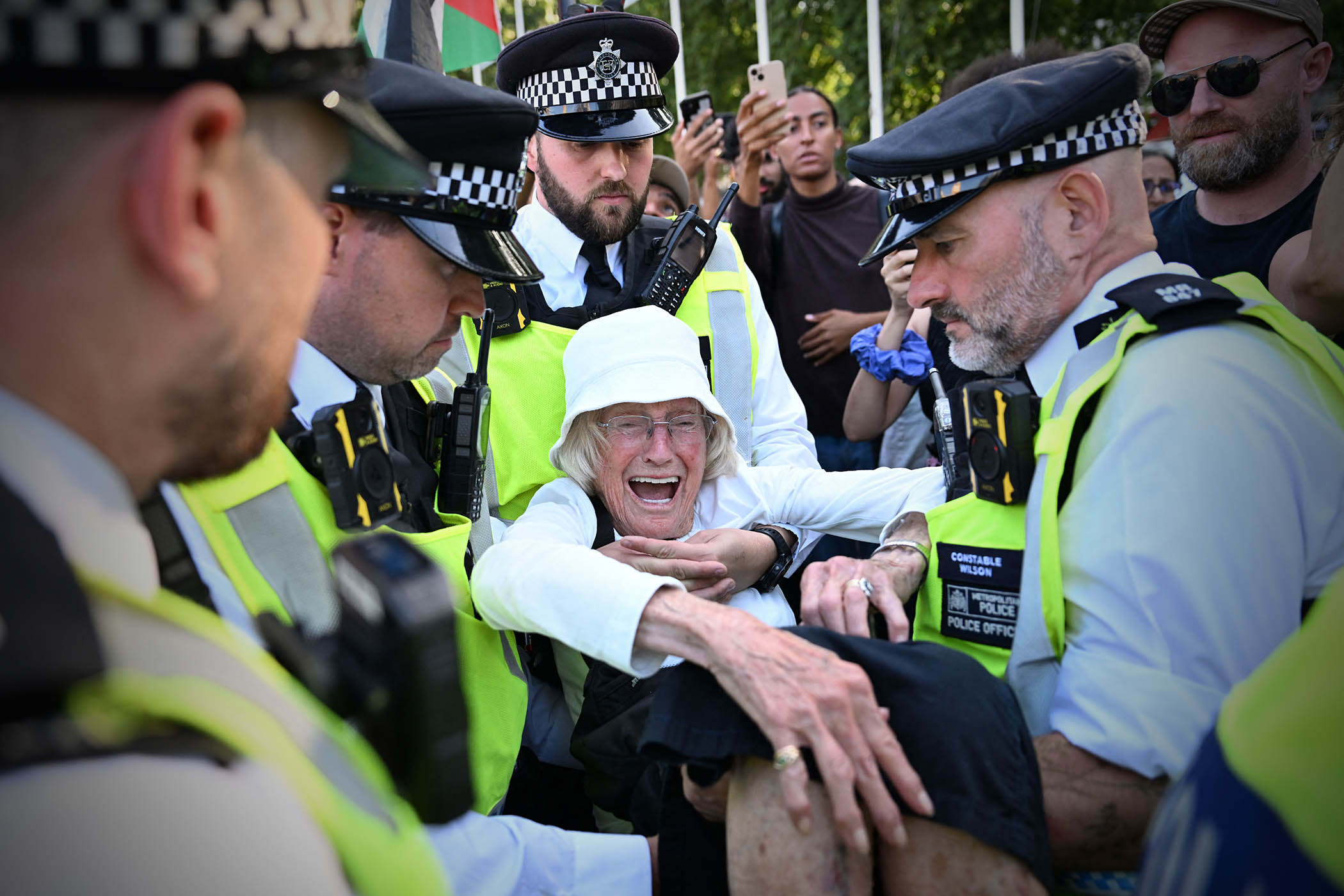David Lammy was supposed to fly to Saudi Arabia, Qatar and the United Arab Emirates this weekend for a series of meetings about securing a peace deal in Gaza. Instead, the trip has been cancelled and he is back at home, getting up to speed on prison reform.
For the past four years Lammy has been Labour’s face to the world. He has glad-handed leaders, built relationships and tried to create a post-Brexit role where Britain can once again be a bridge between the US and the rest of Europe.
Now his replacement as foreign secretary, Yvette Cooper, needs to start from scratch. And she really is starting from scratch. Aside from three months as shadow foreign secretary in late 2010, her 28-year political career has been entirely UK-focused.
In Westminster, her appointment is being viewed as a demotion – a move to an ostensibly important role, but a punishment for supposedly failing at the Home Office. What does it say about the way Britain sees the rest of the world that our most senior diplomat has been chosen in this way?
Since 1997, the most successful foreign secretaries have either had a vision (Robin Cook’s “ethical” foreign policy) or the unwavering support of No 10 (William Hague, David Cameron). It’s unclear, so far, if Cooper has either.
Her biggest challenge will be Gaza. Lammy’s Gulf trip was aimed at coming up with a workable plan for Palestinian statehood, which Britain is set to back at a UN conference on 22 September.
In her defence in The Observer of the decision to proscribe Palestine Action as a terrorist group, Cooper actually went further than Lammy in her criticism of Israel’s actions in Gaza, referring to “crimes against humanity”. Will she back these words with actions, by considering sanctions against Israel’s leaders or finally ending all arms exports? What will she say when Israel’s president, Isaac Herzog, visits London this week?
To succeed, Cooper will need to help the Foreign Office itself work out its own role in the world – and within the UK government. Much of the UK’s foreign policy is now run out of No 10 and since the Department for International Development was shut down and the aid budget slashed, the moral heart of the country’s foreign policy has been missing.
If Cooper wants to show she will do things differently, she could start by immediately increasing the paltry £1m the UK has donated to the relief effort in Afghanistan after last week’s devastating earthquake.
Photograph by Dan Kitwood/Getty Images
Newsletters
Choose the newsletters you want to receive
View more
For information about how The Observer protects your data, read our Privacy Policy



